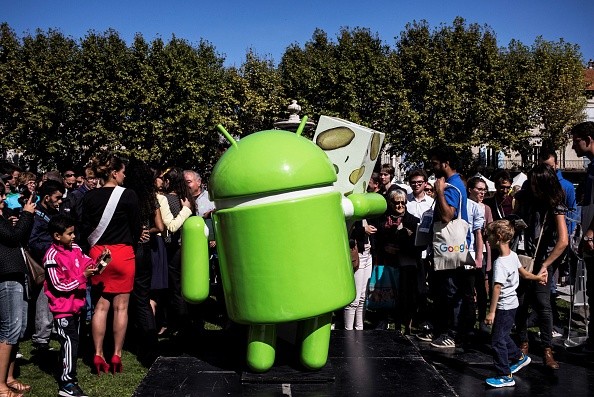Responding to the European Commission's (EC) Android antitrust complaint, Google filed its response. EC stated that Google prevents its competitors by limiting access to Android users through its copyrighted license terms.
"Google Search is dominant" EC says.
It appears that the objections raised are not only outdated for current market dynamics, also falsely proven.
The contention of the EC's argument is, if Amazon, Facebook and iPhones are kept aside in the market, Google enjoys monopoly and excludes competing apps on Android.
This means, Google said to be controlling every significant aspect of mobile Internet and also using its leading position to hinder competition and deprive innovation. In fact, Google doesn't. Broadly speaking, Google reprehends anticompetitive significance for the licenses assigned to Android Apps, made by the Commission. Further the market of the real world appears quite chaotic.
Wired referred EC's purported complaint that Google curbs competition from rival services by calling for few Google apps to be pre-installed on Android devices. Alternatively, if non-Google Android apps are unable to reach users, the data declines to display.
Consumers today are well-informed about digital technology than before and now accessing an option for pre-installed software is inconsiderable.
Earlier recode revealed, Google faces two other antitrust complaints with the EU. Firstly about online shopping that Google favors its own search results. Secondly, EU says that tech giant abuses its unique market standing by offering its online advertising on third-party websites.
Fairsearch, an industrial organization that represents competitors, Microsoft, Nokia and Oracle - stated that Google locks phone manufacturers into web contracts that compel to install Google apps.
However, Google affirms that Android is an open source platform that contributed massively to lower costs for device manufacturers who are able to use the operating system for free - subsequently after agreeing to Google's terms.
If EU reaches a conclusion that Google is violating its antitrust rules, it is likely that it may levy a fine to an extent of $7.5 billion, or 10 percent of company's annual revenue.
In a similar case, EC complained antitrust about Microsoft in 2009. Because Internet Explorer was bundled with Windows, regulators argued that Internet Explorer unfairly held a disproportionate share of the browser market in Europe. The case ended when Microsoft paid $3.4 billion fine.



























